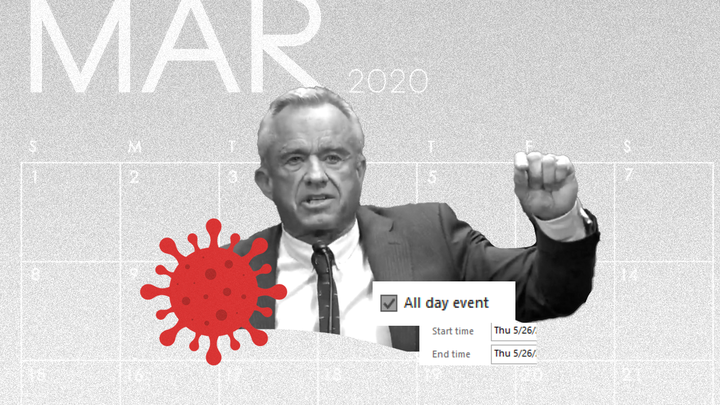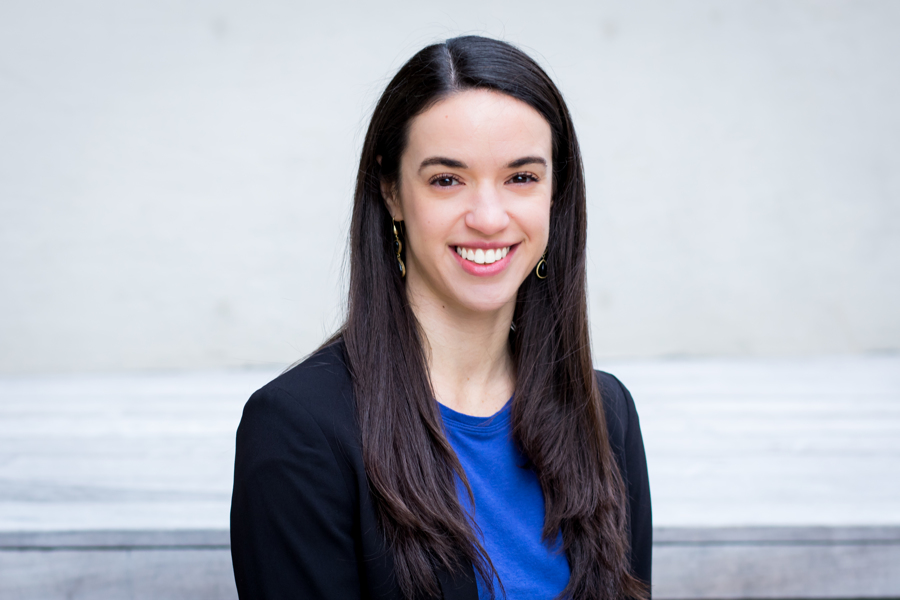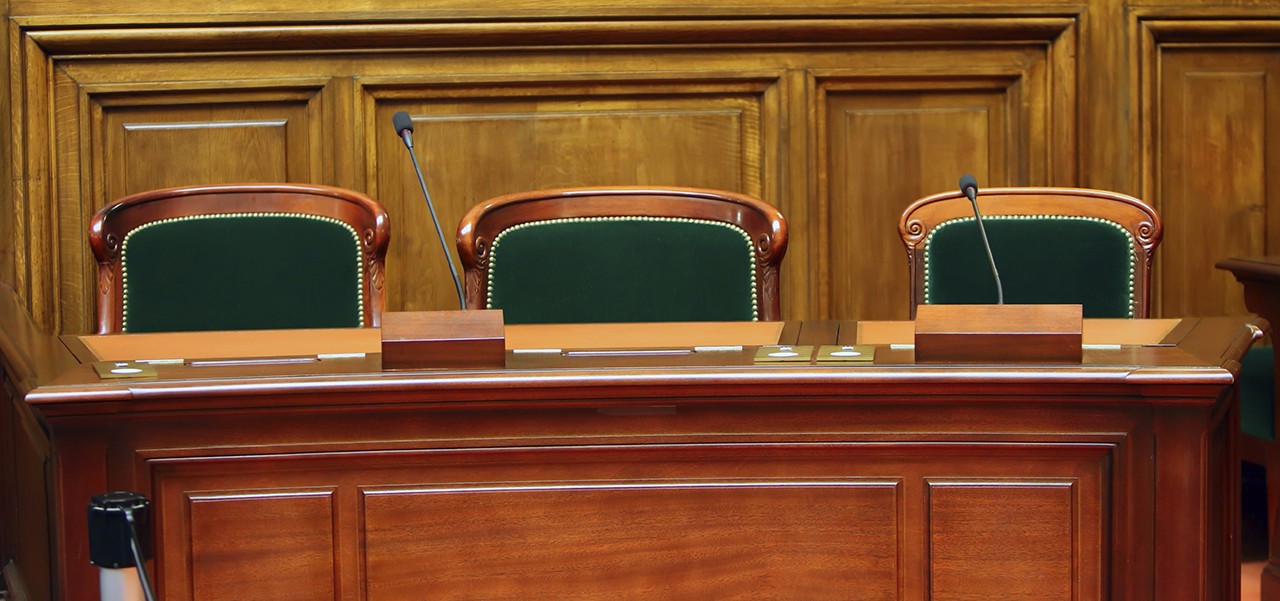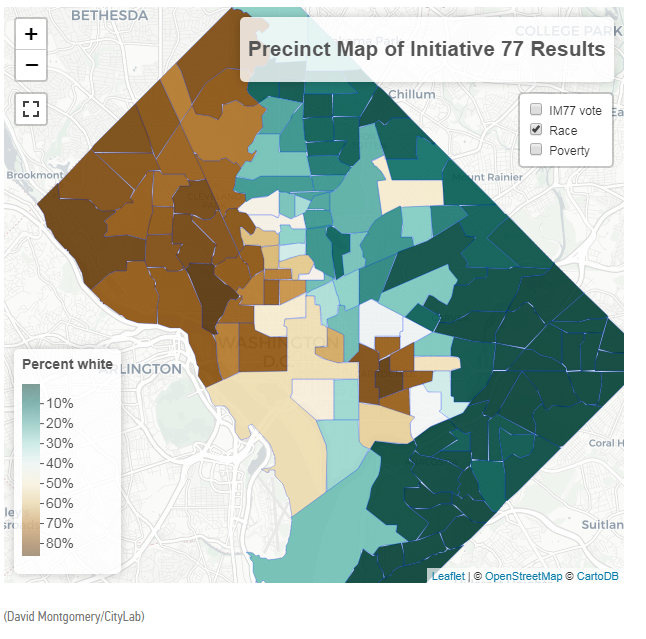Abortion rights, women of color, and LGBTQIA+ people are under attack. Pledge to join us in fighting for gender justice.
Five Years After COVID, RFK Jr.’s Policies Highlight Why We Still Need National Paid Sick Leave

Earlier this month, Robert F. Kennedy Jr., our new Health and Human Services Secretary (I can’t believe I just wrote those words), gave a lengthy interview on the measles outbreak spreading in Texas. Rather than encourage people to get vaccinated, seek medical care when they are seriously sick, and take steps to limit exposure, he promoted unproven treatments and downplayed the overall seriousness of the spreading disease.
This is giving me some pretty bad déjà vu. Newspaper headlines like “What You Need to Know About Measles Symptoms and Transmission” are a little too similar to the “‘What Are the Symptoms?’ ‘What Should I Do if I Feel Sick?’ and Other Coronavirus Questions” panic that settled over us five years ago.
Now I’m a believer in celebrating anniversaries. Not just for romantic relationships—it can be any milestone. It gives us an opportunity to look back and see what we’ve learned and how our lives have changed. But let me say: the rapidly spreading outbreak of an airborne illness and the conspiracy-laden false claims of an unserious white man in power is NOT how I wanted to spend this particular anniversary (or any anniversary, for that matter).
Five years ago this month, the world was irreparably changed by the COVID-19 pandemic. We practiced social distancing and asynchronous learning; we read about airborne particulates and wastewater analysis; we waited for sourdough to rise and for a vaccine to be approved. Many of us felt helpless in the face of so many unknowns. And millions of people lost family members, friends, and neighbors to a terrifying disease we felt powerless to control. The memories of that pain are still with us. I will never forget the conversation I had with my mom on March 15, 2020, where I begged her—screamed at her, if we’re being honest—not to go into the office next day because it was too dangerous.
With all these painful memories, it isn’t surprising that many people don’t remember the one good thing from five years ago: for a while, many workers in this country had access to nationally-protected paid sick days for the first time. Did you forget? Let’s take a quick trip down memory lane.
On March 18, 2020, Congress passed the Families First Coronavirus Recovery Act (FFCRA). This law contained a host of protections to help people manage the early onslaught of the pandemic. Among them was a guarantee for paid sick days that could be used to stay home if you were sick, go to a doctor’s appointment or get tested, or take care of a child who was sick or home from school or child care.
Now the policy was far from perfect—it exempted too many workers, didn’t provide full pay, and had pretty narrow uses—but it was the closest we’ve come to a national paid sick days policy in our history. And there’s evidence that it worked. Research showed that providing paid sick days helped flatten the curve in the early days of the pandemic, slowing the spread of cases and protecting public health. And beyond the context of COVID-19, we know that paid sick days reduce the spread of seasonal illnesses like the flu; increase vaccination rates, which slows the spread of diseases; and help parents access health care for their children.
Unfortunately, the FFCRA protections ended at the end of 2020 and the national status quo returned. Some cities and states took up the mantle and passed their own paid sick time protections—but even with those new laws, millions of workers still don’t have access to a single paid sick day. We need a permanent and comprehensive federal paid sick days policy. The Healthy Families Act would establish a national policy to let workers accrue seven paid sick days each year that can be used in cases of personal illness, to access preventative care, to provide care to a sick family member, to attend school meetings related to a child’s health, or for safe leave to recover from or receive support related to an incident of domestic violence, sexual assault, or stalking. Guaranteeing paid sick days is a simple, commonsense workplace protection, and one that would have an outsized effect on improving the lives of working people.
Let’s hope that next year’s anniversary brings us the gift we need and deserve: paid sick days for all.





